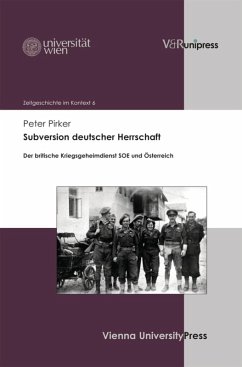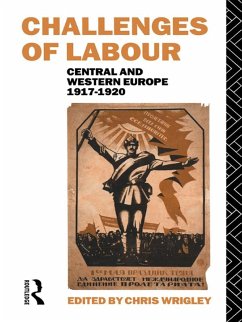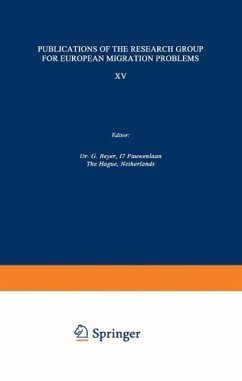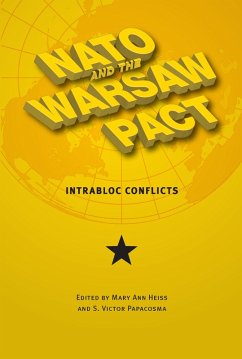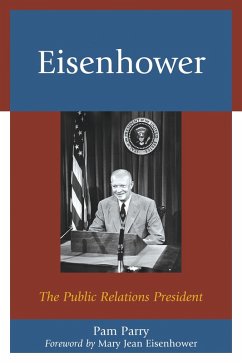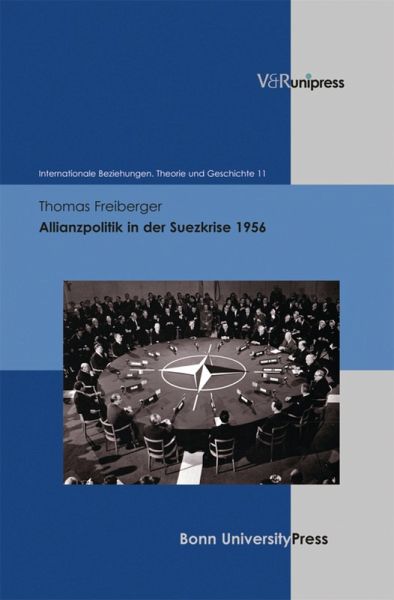
Allianzpolitik in der Suezkrise 1956 (eBook, PDF)

PAYBACK Punkte
0 °P sammeln!
In July 1956, the nationalization of the Suez Canal by Egypt's president Nasser created one of the gravest crises for the Middle East and NATO during the 1950s. Even though the Suez Canal was outside of NATO territory, it was the lifeline of Western European oil supply. The 'Big Three' NATO powers, Great Britain and France on one hand, the USA on the other hand, remained divided over the question of war and peace in the Middle East. This study reconsiders the impact of the Suez Crisis and the Suez War on the solidarity within NATO. What understanding of alliance and alliance politics did the d...
In July 1956, the nationalization of the Suez Canal by Egypt's president Nasser created one of the gravest crises for the Middle East and NATO during the 1950s. Even though the Suez Canal was outside of NATO territory, it was the lifeline of Western European oil supply. The 'Big Three' NATO powers, Great Britain and France on one hand, the USA on the other hand, remained divided over the question of war and peace in the Middle East. This study reconsiders the impact of the Suez Crisis and the Suez War on the solidarity within NATO. What understanding of alliance and alliance politics did the decision makers have? How did alliance consultation work in times of peace and in times of war? How much leeway does the leading power of an alliance have to restrain a member who is willing to go to war? How great was the danger of a nuclear war at the height of the Suez Crisis? All these questions will be answered in order to shed light on an issue that remains controversial until today.
Dieser Download kann aus rechtlichen Gründen nur mit Rechnungsadresse in A, B, BG, CY, CZ, D, DK, EW, E, FIN, F, GR, H, IRL, I, LT, L, LR, M, NL, PL, P, R, S, SLO, SK ausgeliefert werden.





